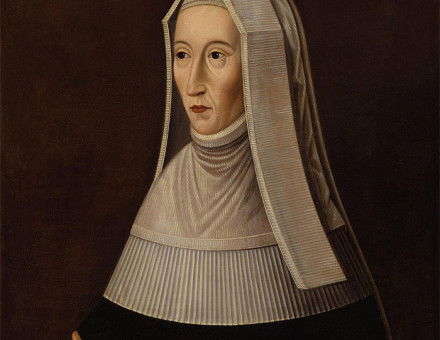Welsh and English Princes of Wales
In this article, the complex relationship between England and the Principality is reflected, as D. Huw Owen traces the claimants of this title from 1245 to 1490, when Henry VII's son, Arthur, was proclaimed Prince of Wales.



